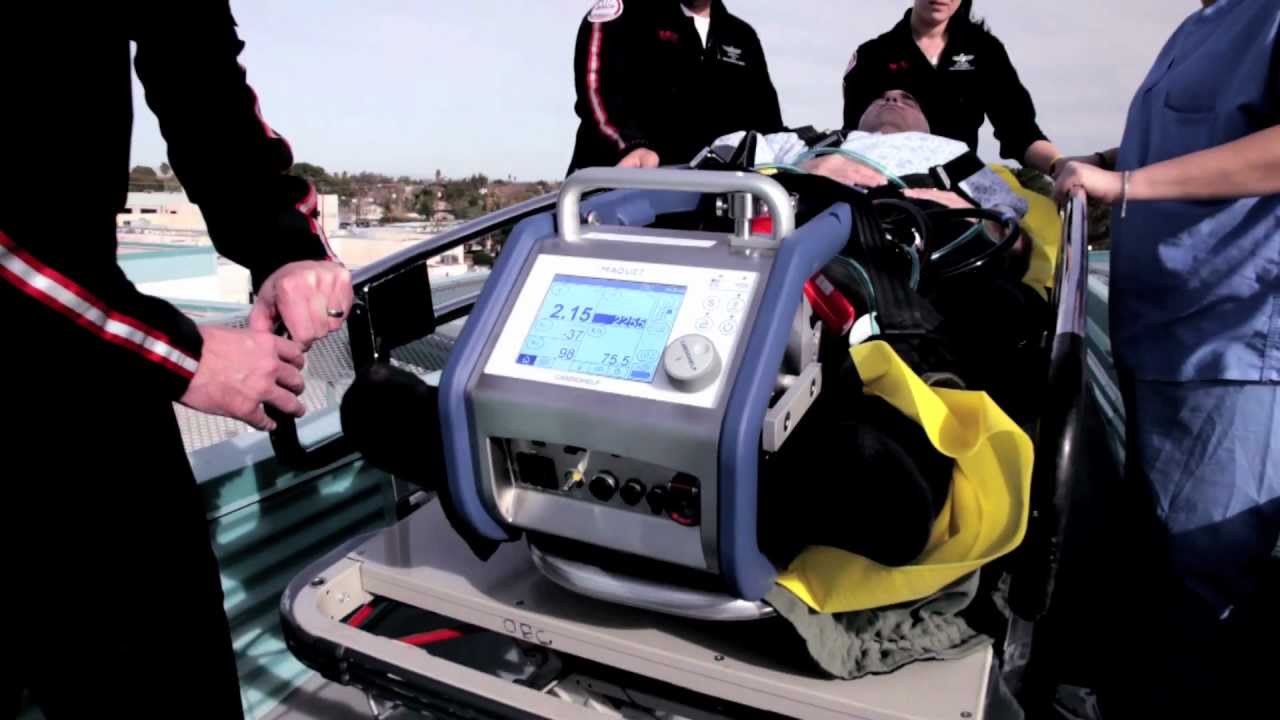medichopeful
Flight RN/Paramedic
- 1,863
- 255
- 83
Not sure how "unusual" these are, but the case I remember giving the most stuff to included FFP, cryoprecip, PRBC's, and aminocaproic acid. And an epi drip, among other things.
Didn't work, BTW.
The case I remember where we gave the most stuff was just the other day. Epi drip along with epi boluses, bicarb drip and bicarb boluses, FFP, platelets, PRBC, fluids, and calcium chloride. Morphine drip after the patient went comfort, along with ketamine bolus for palliative care. Outcome was the same as if we hadn't done any of that, but good learning experience.

